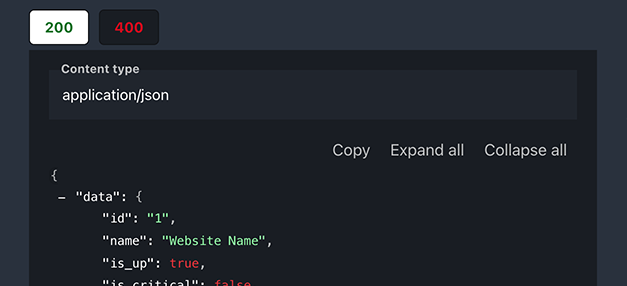Frequently asked questions
How often does Uptimia monitor website response time?
Uptimia monitors your website every 30 seconds from multiple locations worldwide. This frequent monitoring ensures quick detection of any issues with your website's response time.
What types of notifications does Uptimia offer for response time issues?
Uptimia offers notifications via email, SMS, WhatsApp, and Slack. You can choose your preferred method to receive alerts about website downtime or performance issues.
How does Uptimia prevent false positive alerts?
Uptimia conducts triple tests from different geographic locations when a potential issue is detected. An alert is only sent if all three secondary checks confirm the problem, minimizing false positives.
From how many locations does Uptimia monitor websites?
Uptimia monitors websites from 171 locations worldwide, spanning six continents. This broad network provides a comprehensive view of your website's performance across different countries.
What types of issues can Uptimia detect?
Uptimia can detect various issues including HTTP errors, timeouts, SSL certificate problems, and other incidents affecting your website's availability and performance.
Is any installation required to use Uptimia's monitoring service?
No installation is required. Simply enter your website URL, and Uptimia will immediately begin monitoring your site's uptime and availability.
What kind of reports does Uptimia provide?
Uptimia provides automated uptime monitoring reports on a daily, weekly, or monthly basis. These reports include various metrics of your monitored websites and can be customized with your company's colors and logo.
What information is provided for troubleshooting website issues?
For root-cause analysis, Uptimia provides detailed information including error screenshots, error type, response time, response body, response headers, traceroute, and more.
How reliable is Uptimia's own infrastructure?
Uptimia operates across two datacenters, eliminating single points of failure. Even if one datacenter experiences downtime, Uptimia continues its monitoring services uninterrupted.
What additional services does Uptimia monitor besides website response time?
In addition to response time, Uptimia monitors HTTP, HTTPS, DNS, UDP, TCP, ping, email, domain expiration, and website speed.




















